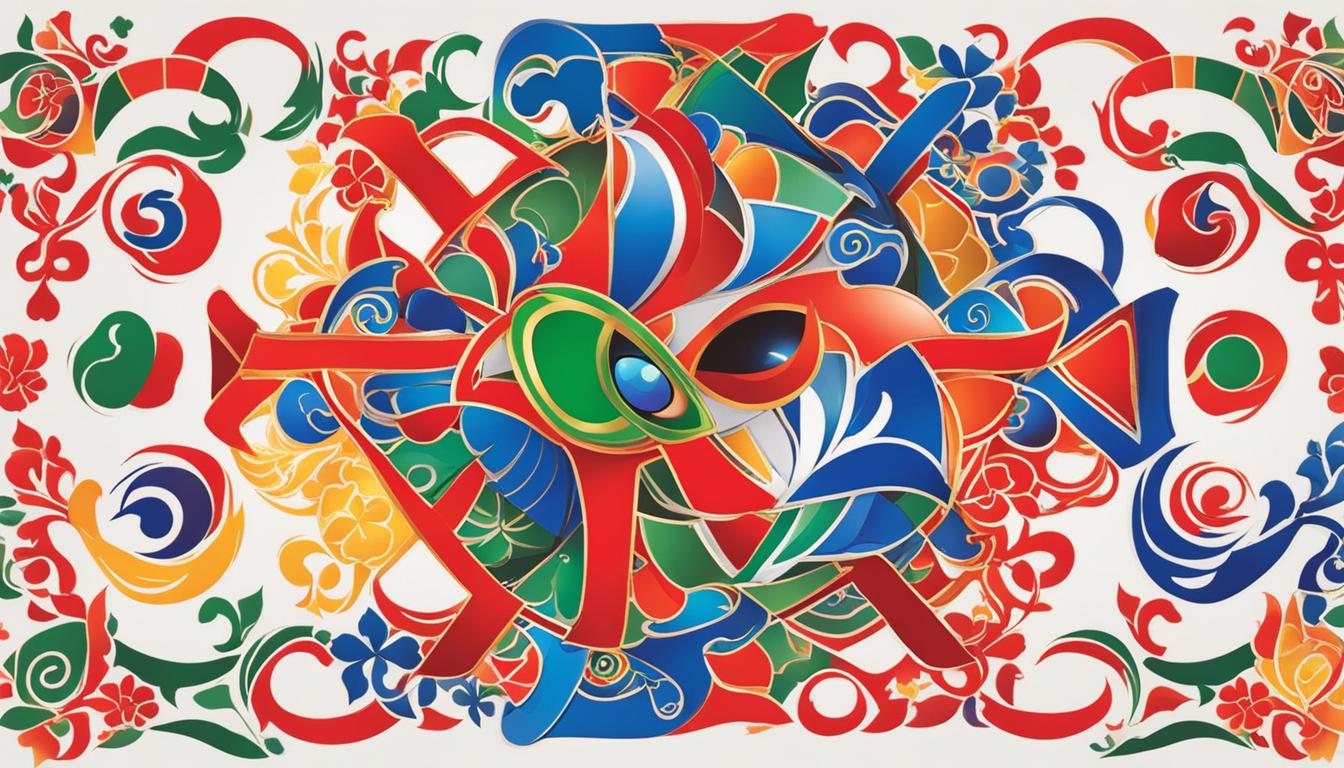Originally posted on January 24, 2024 @ 8:10 am
When you want to wish someone good luck in different languages, it’s important to have a list of translations handy. Whether you’re traveling, meeting people from different cultures, or simply want to expand your language skills, knowing how to say “good luck” in various languages can be a meaningful gesture.
Key Takeaways:
- Learning how to say “good luck” in different languages allows you to connect with people from different cultures and shows your appreciation for diversity.
- Wishing someone good luck is a universal gesture of support and well-wishing.
- Translations for “good luck” in Spanish, French, German, Italian, Portuguese, and Norwegian are commonly used expressions in their respective languages.
- Other languages such as Russian, Polish, Turkish, and Dutch also have their own unique phrases for expressing good luck.
- Be aware of cultural superstitions and customs when wishing someone good luck to avoid causing unintentional offense.
The Importance of Wishing Good Luck in Different Languages
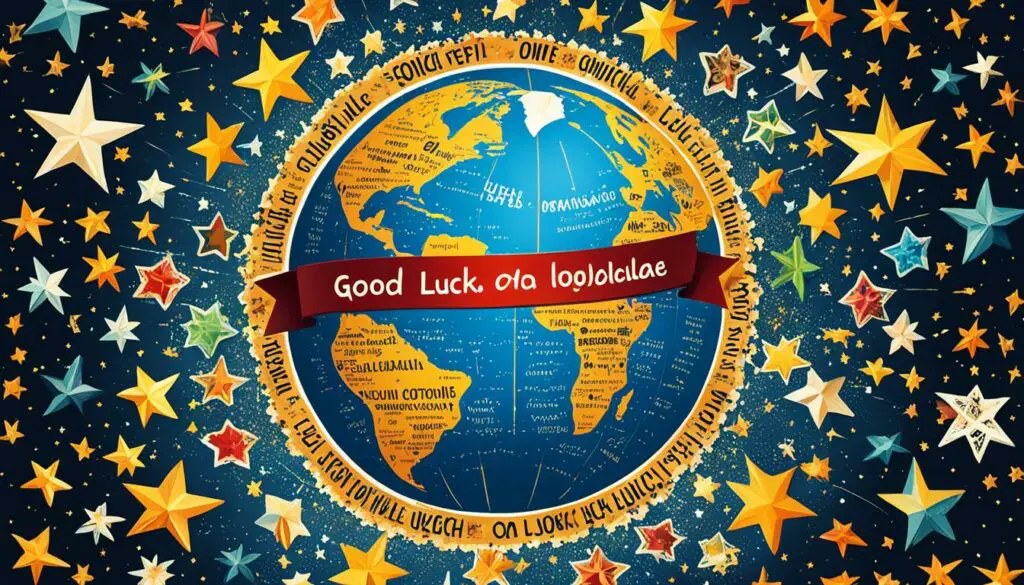
Wishing someone good luck is a universal gesture that transcends language barriers. Whether it’s for an exam, a job interview, or a special event, expressing your well-wishes in different languages can have a profound impact on the recipient. Not only does it show your support and encouragement, but it also allows you to connect with people from different cultures and demonstrate your appreciation for diversity.
By taking the time to learn how to say “good luck” in various languages, you can add a personal touch to your interactions and build rapport in social and professional settings. It shows that you value the other person’s background and are willing to make an effort to communicate effectively. Whether you’re traveling, working with international colleagues, or simply engaging with a multicultural society, knowing how to wish good luck in different languages can open doors and create meaningful connections.
“Wishing someone good luck in their native language is a powerful way to acknowledge their culture and make them feel seen and supported.”
Furthermore, expressing good luck in multiple languages allows you to tap into the rich tapestry of global languages and traditions. Each language brings its own unique expression of well-wishes, capturing the nuances and cultural significance of luck and success. Whether it’s the warmth of Spanish, the elegance of French, or the straightforwardness of German, every language adds a special flavor to the act of wishing good luck.
Moreover, learning how to say “good luck” in different languages can deepen your understanding of various cultures and their customs. It enables you to explore the reasons behind certain phrases or traditions associated with luck, uncovering intriguing stories and beliefs that shape societies around the world. It’s a chance to broaden your horizons, challenge your assumptions, and embrace the diversity of human experiences.
The Impact of Good Luck Wishes
When you wish someone good luck in their own language, it can create a powerful connection and leave a lasting impression. It shows your genuineness and consideration, making the recipient feel valued and supported. It’s a simple yet significant way to demonstrate your goodwill and inspire confidence.
Moreover, in multilingual environments, the ability to express good luck in different languages can bridge gaps and foster a sense of unity. It allows people from different backgrounds to come together, celebrate each other’s successes, and navigate life’s challenges as a collective. It promotes a culture of inclusivity and mutual respect, where differences are embraced and everyone’s well-being is valued.
The impact of good luck wishes in a diversity-driven world cannot be underestimated. From multicultural workplaces to international collaborations, the ability to wish someone good luck in their own language enhances communication, builds relationships, and creates a sense of belonging. It’s a small act with the potential to make a big difference.
So why limit your well-wishes to your own language when you can spread the joy of good luck in various languages? Take the opportunity to expand your linguistic skills, explore different cultures, and make meaningful connections through the universal language of good luck!
How to Say Good Luck in Spanish, French, and German

If you want to wish someone good luck in different languages, it’s essential to know how to say it in their native tongue. Here are some commonly used expressions in Spanish, French, and German:
- Buena suerte – Spanish
- Bonne chance – French
- Viel Glück – German
These phrases can be used in various contexts to express your well wishes and hopes for their success.
“Language is the road map of a culture. It tells you where its people come from and where they are going.” – Rita Mae Brown
Learning how to say good luck in different languages not only allows you to communicate effectively with people from diverse backgrounds but also shows your appreciation for their culture and traditions.
Now, let’s take a closer look at how to pronounce these phrases:
| Language | Phrase | Pronunciation |
|---|---|---|
| Spanish | Buena suerte | bwena swer-te |
| French | Bonne chance | bon shans |
| German | Viel Glück | feel gloo(k) |
Practice saying these phrases out loud to improve your pronunciation and make a genuine connection when expressing good luck in different languages.
Remember, wishing someone good luck in their native language is a meaningful gesture that can strengthen bonds and foster cultural understanding.
Good Luck Translations in Italian, Portuguese, and Norwegian
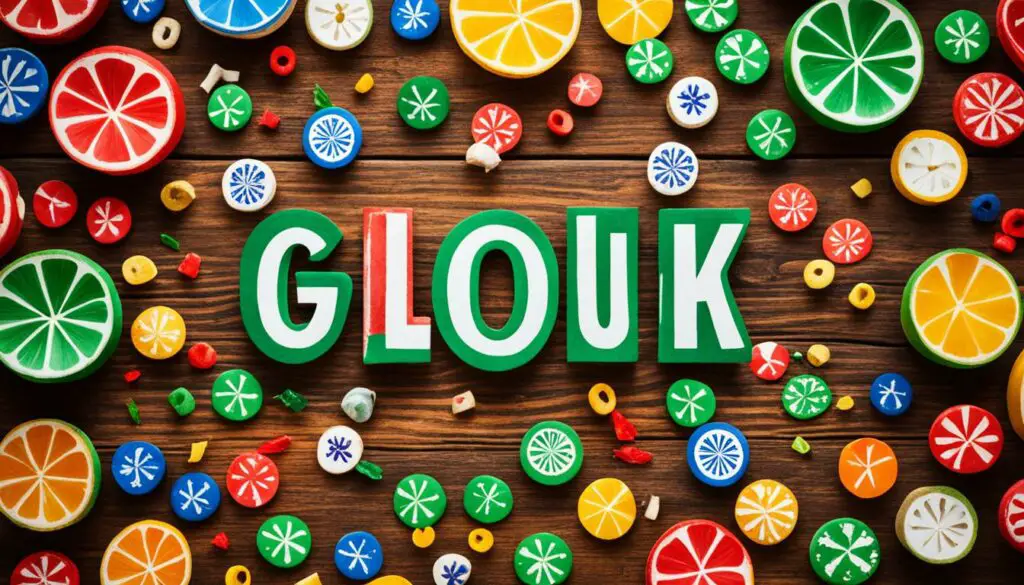
When it comes to wishing someone good luck in different languages, understanding the translations can make all the difference. In this section, we explore the translations for good luck phrases in Italian, Portuguese, and Norwegian.
Italian: “In bocca al lupo”
In bocca al lupo is a popular Italian phrase used to wish someone good luck. Translated literally, it means “in the mouth of the wolf.” Though it may sound unusual, it is a common expression in Italian culture and is heard in various contexts, including theater, exams, and competitions.
Portuguese: “Boa sorte”
In Portuguese, the phrase Boa sorte is used to convey good luck. This simple expression is widely understood and can be used in a range of situations, such as before a job interview, during sporting events, or when embarking on a new adventure.
Norwegian: “Lykke til”
In Norwegian, you can say Lykke til to wish someone good luck. This expression is commonly used in both formal and informal settings. Whether someone is starting a new project, taking an exam, or facing a challenge, Lykke til is a meaningful way to offer encouragement.
In bocca al lupo in Italian, Boa sorte in Portuguese, and Lykke til in Norwegian capture the essence of wishing someone luck and are widely recognized in their respective languages. By learning these translations, you can share good luck wishes with people from different cultures and show your appreciation for diversity.
Good Luck Expressions in Russian, Polish, and Turkish
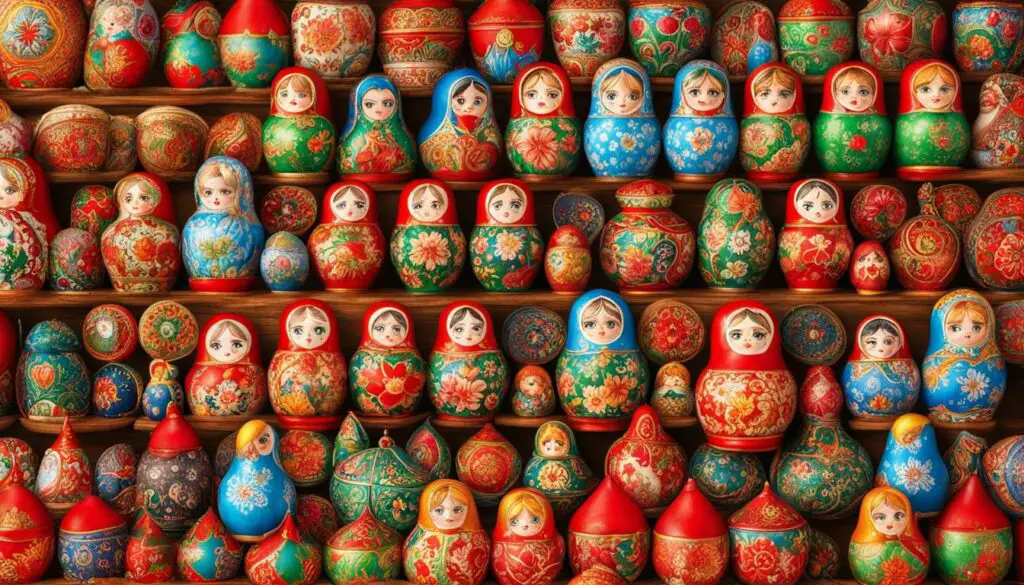
In different cultures, expressing good luck is an important gesture that shows support and goodwill. If you want to wish someone luck in their native language, it’s helpful to know how to say “good luck” in various languages. This section explores some common expressions used in Russian, Polish, and Turkish.
Good Luck in Russian
In Russian, you can say “Удачи” which is transliterated as “udachi.” It is a simple yet heartfelt way of wishing someone good fortune and success. Russians believe in the power of luck, and expressing it can bring positive energy to the person you’re addressing.
How to Say Good Luck in Polish
Polish is another language where you can wish someone luck. The phrase “Powodzenia” is commonly used to convey good wishes. It is an expression with a sincere and warm tone, showing your support and hope for their success.
Turkish for Good Luck
When it comes to Turkish, saying “Bol şans!” is a popular way to wish someone luck. It’s a short and sweet phrase that carries genuine well-wishing. Turkish culture values luck and blessings, making it an important sentiment to share.
Whether you want to connect with Russian, Polish, or Turkish speakers or simply expand your language skills, these good luck expressions allow you to convey your intentions and show your appreciation for different cultures.
Dutch, Norwegian, and Turkish Translations for Good Luck
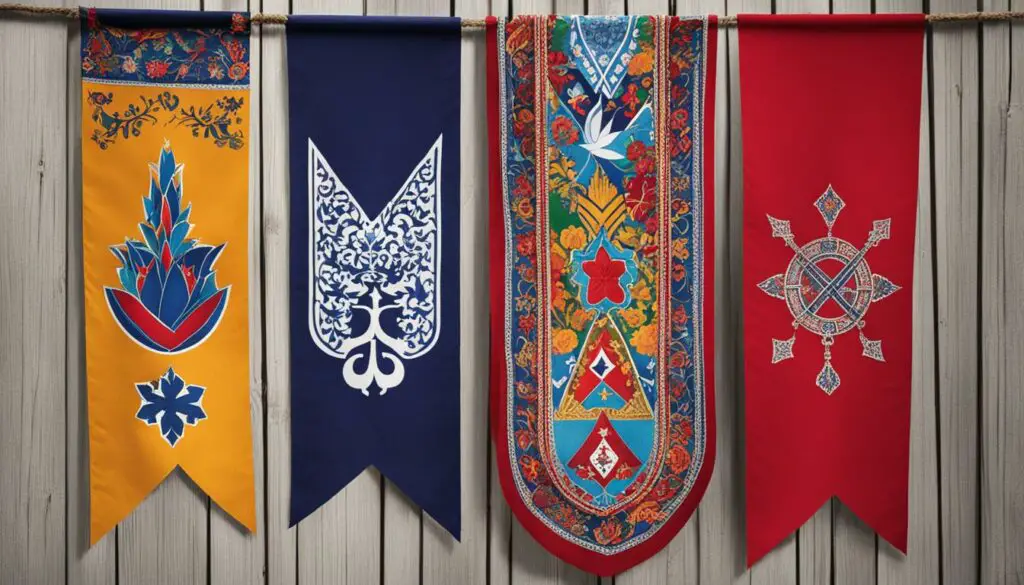
When it comes to wishing someone good luck in different languages, having a diverse repertoire of translations can be incredibly useful. In this section, we’ll explore how to say good luck in Dutch, Norwegian, and Turkish.
Dutch: Veel succes
When you want to wish someone good luck in Dutch, you can say “Veel succes.” This phrase, which translates to “Good luck” in English, is commonly used in the Netherlands and other Dutch-speaking regions. It’s a simple yet powerful way to convey your well-wishes in a different language.
Norwegian: Lykke til
For those looking to express good luck in Norwegian, the phrase “Lykke til” is the go-to expression. Whether you’re cheering someone on in a sports competition or wishing them success in their endeavors, saying “Lykke til” is a thoughtful gesture that shows your support and encouragement.
Turkish: Bol şans!
If you’re in a Turkish-speaking environment and want to wish someone good luck, you can use the phrase “Bol şans!” This expression, which means “Lots of luck” in English, is a popular way to convey well-wishes and positivity. Whether it’s before an important exam or a new venture, saying “Bol şans!” is a kind gesture that can uplift and motivate.
| Language | Translation |
|---|---|
| Dutch | Veel succes |
| Norwegian | Lykke til |
| Turkish | Bol şans! |
These translations offer a glimpse into the diverse ways different cultures express good luck. Whether you’re interacting with Dutch, Norwegian, or Turkish speakers, using these phrases can help you connect with people on a deeper level and show your appreciation for their language and traditions.
Good Luck Phrases in Various Languages
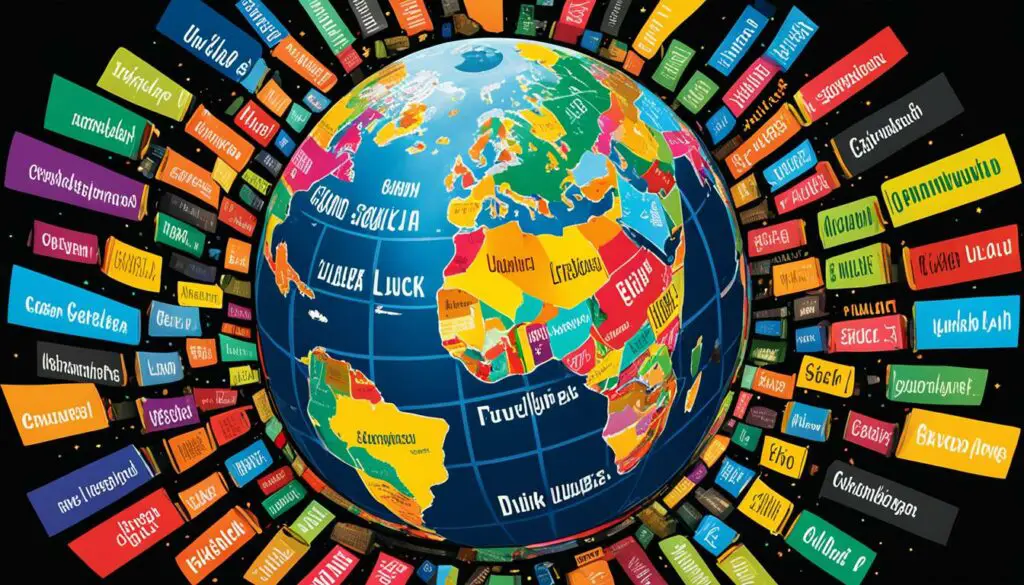
When it comes to expressing good luck, there are countless ways to say it in different languages. Here are some examples from various cultures:
Italian
in bocca al lupo
Portuguese
boa sorte
Norwegian
lykke til
Russian
удачи (udachi)
Polish
powodzenia
Turkish
bol şans!
Dutch
These phrases capture the essence of wishing someone luck and success in their respective languages. It can be a delightful way to connect with people from different backgrounds and demonstrate your appreciation for linguistic diversity.
| Language | Phrase |
|---|---|
| Italian | in bocca al lupo |
| Portuguese | boa sorte |
| Norwegian | lykke til |
| Russian | удачи (udachi) |
| Polish | powodzenia |
| Turkish | bol şans! |
| Dutch | veel succes |
Additional Translations for Good Luck in Multiple Languages
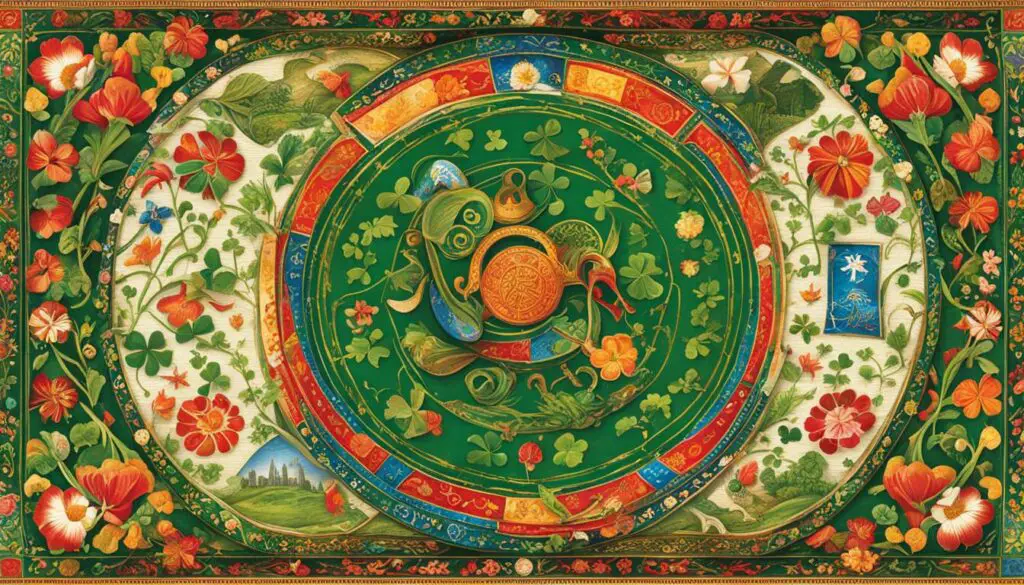
In addition to the previously mentioned languages, here are more translations for expressing good luck:
| Language | Translation |
|---|---|
| Spanish | Buena suerte |
| French | Bonne chance |
| German | Viel Glück |
| Italian | In bocca al lupo |
| Portuguese | Boa sorte |
| Norwegian | Lykke til |
| Russian | Удачи |
| Polish | Powodzenia |
| Turkish | Bol şans! |
| Dutch | Veel succes |
Note: The translations provided are widely used expressions for wishing someone good luck in their respective languages.
Knowing how to say good luck in multiple languages enables you to connect with people from different cultures and show your appreciation for diversity. It’s a simple yet meaningful way to extend your well-wishes to individuals around the world.
Culturally Relevant Superstitions and Considerations
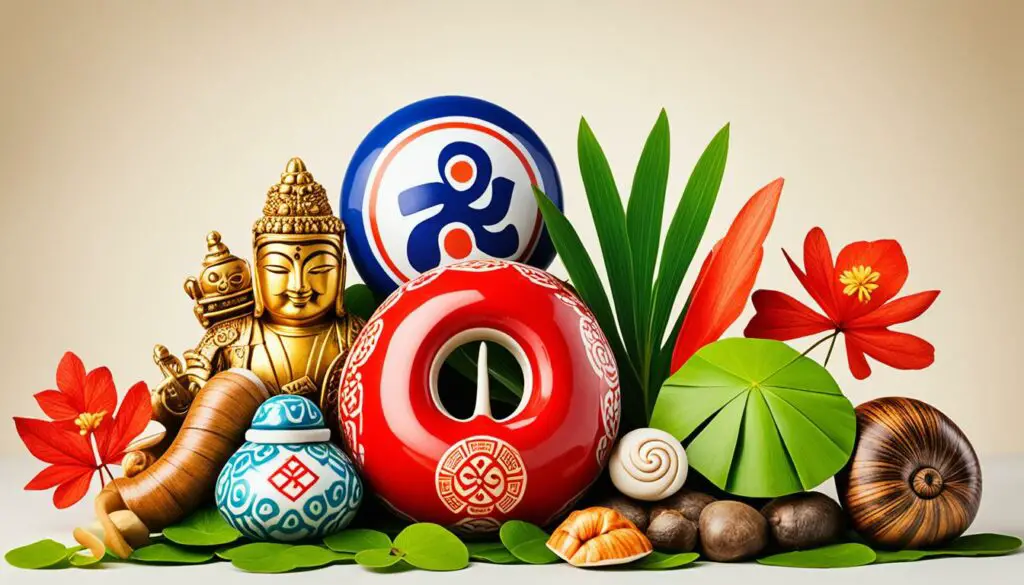
When it comes to wishing someone good luck, it’s essential to consider cultural superstitions and customs. Different cultures have unique beliefs and practices surrounding luck. Being aware of these cultural nuances can help you navigate social situations and avoid unintentionally causing offense or discomfort.
For example, in some cultures, saying “good luck” directly is considered bad luck. Instead, people use alternative phrases to convey their well-wishes. Take the theater, for instance, where saying “break a leg” is a common way to wish actors good luck. This tradition dates back to the belief that wishing someone good luck would actually jinx their performance.
By researching and understanding these cultural superstitions and customs, you can ensure that your good luck wishes are respectful and appropriate. It’s important to approach each culture with sensitivity and adapt your expressions accordingly. Here are a few examples of cultural considerations when wishing someone good luck:
- China: It is common to give gifts in sets of four as the pronunciation of the number four is similar to the word for death in Chinese.
- India: Avoid giving clocks or watches as gifts since they are associated with the finality of time and may be seen as a negative omen.
- Italy: Be cautious when giving the gift of a knife as it is believed to sever relationships and bring bad luck.
- Scotland: Whistling in the theater is considered bad luck and may upset the performers.
These are just a few examples, and cultural superstitions and considerations may vary greatly from one culture to another. So, whether you’re offering good luck wishes in a personal or professional setting, taking the time to understand the cultural norms will help you ensure that your well-wishes are well-received.
Learning and Practicing Good Luck Phrases in Different Languages
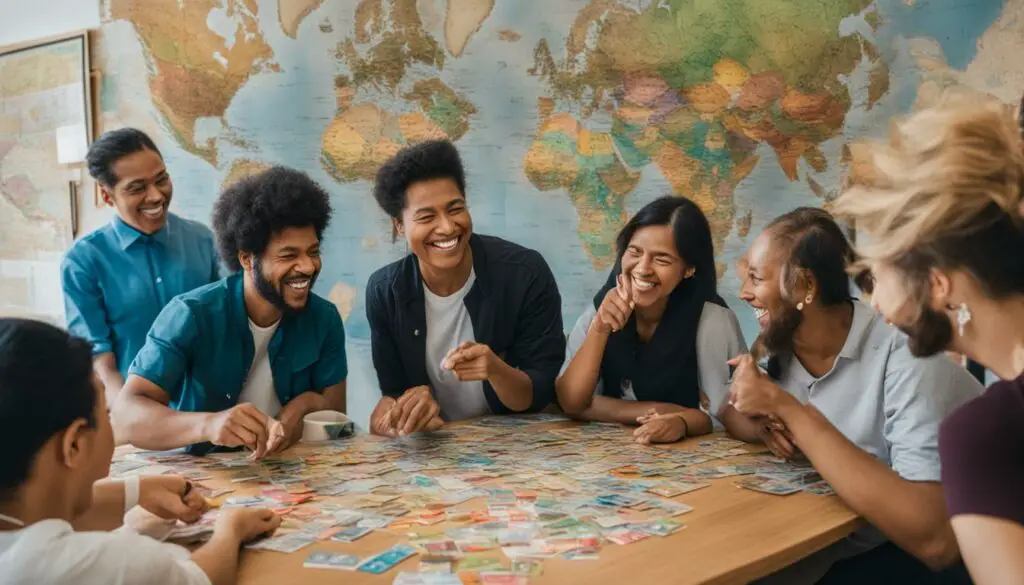
Learning and practicing good luck phrases in different languages can be a fun and enriching experience. It not only allows you to expand your language skills but also enables you to connect with people from diverse cultures. Whether you’re traveling, meeting new friends, or working in a multicultural environment, being able to wish someone good luck in their native language can make a significant impact.
There are several tools and resources available that can help you in your language learning journey. Language learning apps like Duolingo and Babbel offer courses specifically tailored to teach you common phrases and expressions, including those related to good luck. These apps provide interactive exercises and quizzes to test your understanding and ensure that you’re actively practicing and retaining what you’ve learned.
Online resources such as language learning websites and forums also offer a wealth of information on how to say good luck in different languages. These platforms often provide phonetic pronunciations and useful tips on cultural nuances associated with the phrases. Additionally, you can find language exchange programs where you can practice speaking with native speakers of different languages. This real-life interaction not only improves your pronunciation but also gives you a deeper understanding of the cultural context in which these phrases are used.
“Practicing with native speakers gives you a valuable insight into the culture and helps you develop a more natural delivery of the phrases.” – Maria Martinez, Language Enthusiast
Remember, practicing good luck phrases goes beyond just memorizing words. It’s about understanding the cultural significance behind them and using them in the appropriate context. For example, in some cultures, it’s customary to say a specific phrase or perform a certain gesture when wishing someone luck. By immersing yourself in the language and cultural practices, you’ll be better equipped to express good luck wishes authentically.
So, go ahead and immerse yourself in the wonderful world of different languages. Whether it’s through language learning apps, online resources, or language exchange programs, taking the time to learn and practice good luck phrases will not only broaden your linguistic horizons but also deepen your appreciation for different cultures and their unique traditions.
The Power of Good Luck Wishes in Multilingual Environments
Good luck wishes have a universal appeal and can create a positive impact in multilingual environments. When you take the time to learn how to say good luck in different languages, you open doors to foster connections with people from diverse backgrounds. By expressing good luck in someone’s native language, you bridge cultural gaps and demonstrate respect for diversity.
Whether you’re traveling, working in an international company, or simply engaging with multicultural communities, knowing how to wish good luck in various languages can be a meaningful gesture that strengthens relationships. It shows your interest in understanding different cultures and values, ultimately promoting a sense of unity and harmony.
“Wishing someone good luck in their own language is like wrapping them in a warm embrace of cultural understanding.” – Unknown
When you express good luck in multiple languages, you not only show your linguistic skills but also create a sense of belonging for those around you. It’s a way of acknowledging the diversity and richness of human experiences.
By incorporating multilingualism in expressing good luck, you foster a sense of inclusivity and appreciation for different cultures. You create an environment where individuals from various linguistic backgrounds feel valued and understood.
Good luck wishes are more than just words. They carry the power to uplift spirits, inspire confidence, and encourage personal growth. When you extend your wishes in someone’s native language, it adds an extra layer of depth and personal connection.
Embracing Multilingualism to Strengthen Relationships
Through the power of good luck wishes in multilingual environments, you have the opportunity to build meaningful connections and develop relationships based on mutual respect and understanding. When you take the time to learn and express good luck in different languages, you show your willingness to go beyond language barriers and create a shared language of goodwill.
So, embrace the power of multilingualism in expressing good luck and watch as your words inspire, motivate, and bring people closer together.
Conclusion
Wishing someone good luck in their native language is a thoughtful gesture that can strengthen connections and foster multicultural understanding. By learning how to say good luck in various languages, you can navigate diverse cultural settings with ease and demonstrate your appreciation for different customs and traditions.
Expressing good luck in multiple languages allows you to connect with people from around the world and show them that you value their language and culture. It’s a way to bridge gaps, build rapport, and add a personal touch in social and professional interactions.
So, whether you’re traveling, meeting international friends, or simply want to expand your language skills, don’t hesitate to spread good luck wishes worldwide. Embrace the richness of multiculturalism and celebrate the diversity of expressions for good luck.
FAQ
How do you say “good luck” in different languages?
Here are some translations for “good luck” in various languages: Spanish – “Buena suerte,” French – “Bonne chance,” German – “Viel Glück,” Italian – “In bocca al lupo,” Portuguese – “Boa sorte,” Norwegian – “Lykke til,” Russian – “Удачи,” Polish – “Powodzenia,” Turkish – “Bol şans!,” and Dutch – “Veel succes.”
Why is it important to wish good luck in different languages?
Wishing good luck in different languages allows you to connect with people from different cultures, show appreciation for diversity, and build rapport in various social and professional situations.
How do you say “good luck” in Spanish, French, and German?
In Spanish, you can say “Buena suerte.” In French, it’s “Bonne chance.” And in German, you can say “Viel Glück.”
What are the translations for “good luck” in Italian, Portuguese, and Norwegian?
In Italian, you can say “In bocca al lupo.” In Portuguese, “Boa sorte” is the phrase used. And in Norwegian, “Lykke til” is commonly used.
How do you express “good luck” in Russian, Polish, and Turkish?
In Russian, you can say “Удачи.” In Polish, “Powodzenia” is the phrase used. And in Turkish, “Bol şans!” is commonly used.
What are the translations for “good luck” in Dutch, Norwegian, and Turkish?
In Dutch, you can say “Veel succes.” In Norwegian, “Lykke til” is commonly used. And in Turkish, “Bol şans!” is the expression used.
Are there any other languages that have expressions for “good luck”?
Yes, there are many other languages and cultures where you can express good luck. Some of these include Italian, Portuguese, Norwegian, Russian, Polish, Turkish, and Dutch.
Should I be aware of any cultural superstitions when wishing someone good luck?
Yes, it’s important to be aware of cultural superstitions and customs when wishing someone good luck. For example, in some cultures, it is considered bad luck to say “good luck” directly.
How can I learn and practice good luck phrases in different languages?
You can use language learning apps, online resources, or language exchange programs to improve your pronunciation and fluency. Practicing with native speakers can also enhance your understanding of the cultural context in which these phrases are used.
What is the impact of expressing good luck in multiple languages in multilingual environments?
Expressing good luck in multiple languages can foster connections, bridge cultural gaps, and demonstrate respect for diversity. It can strengthen relationships and promote a sense of unity in multicultural environments.
